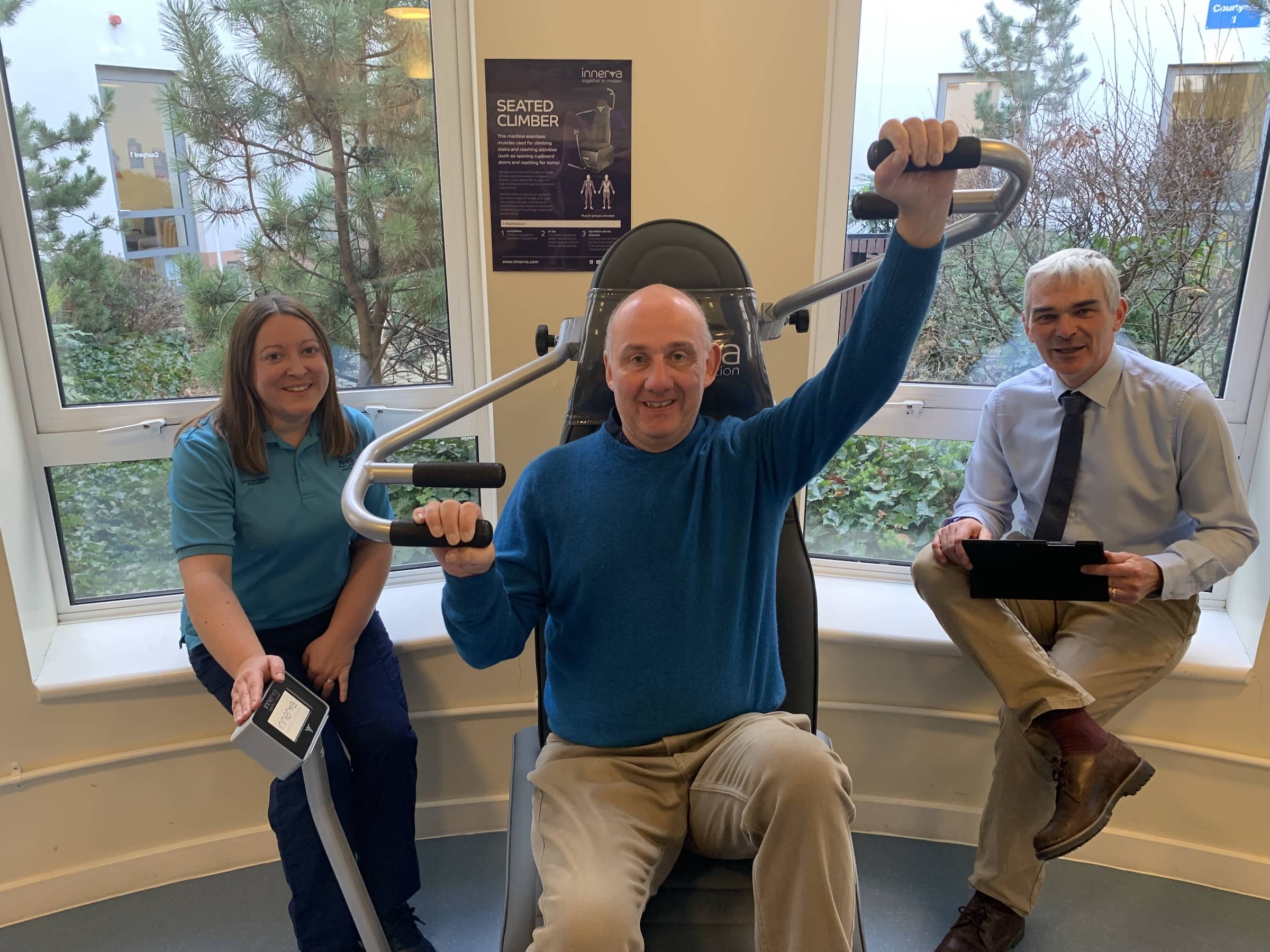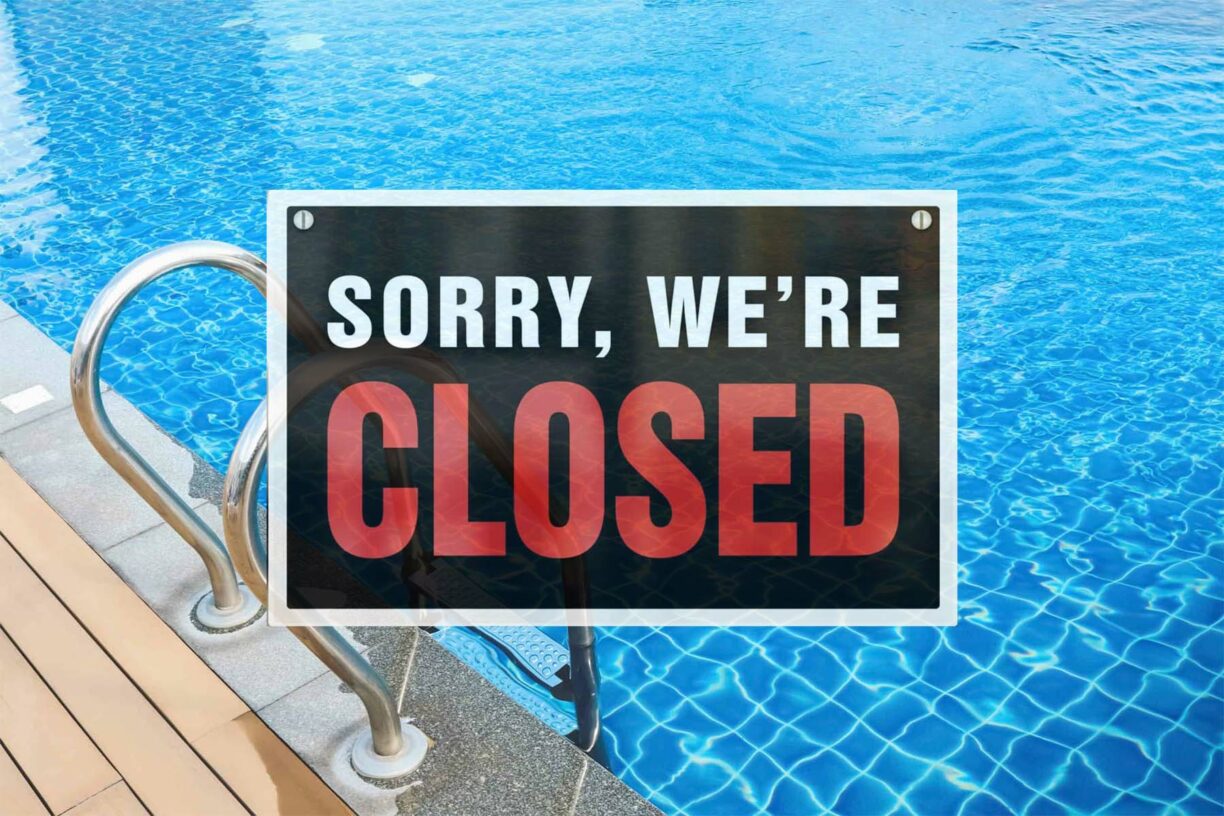Innerva, the power-assisted exercise specialists, are involved in a groundbreaking trial that aims to boost the recovery of stroke survivors through exercise and other therapies.
The University of Strathclyde has partnered with NHS Lanarkshire to launch a Technology-Enriched Stroke Rehabilitation Hub at the University Hospital in Wishaw to meet the overwhelming demand for intensive rehabilitation.
New National Institute for Health and Care Excellence (NICE) guidelines suggest stroke patients receive three hours of rehabilitation a day, five days a week. This is a dramatic increase from previous NICE guidance of 45 minutes a day.
Dr Gillian Sweeney, an occupational therapist with NHS Lanarkshire and advanced practitioner for stroke survivors, led on the development of the trial and set up the hub.
She says: “The NHS can’t meet new the NICE guidelines in isolation; current data suggests that on average patients receive just 14 minutes of physiotherapy, 13 minutes of occupational therapy and 7 minutes of speech therapy a day.
The new hub allows stroke survivors to access the intensive therapy they need to transform their rehabilitation outcomes.
“Recent research conducted in the University of Strathclyde has shown this type of model to be safe and feasible when used by people in the chronic phase of stroke recovery and has led to improved outcomes.
It is exciting to now be trialling ‘technology-enriched stroke rehabilitation’ with NHS Lanarkshire inpatients, who are in the early stages of their recovery.”
The impact of stroke can be profound and the months immediately after a stroke are key to recovery. Located within the hospital’s stroke unit, the largest in Lanarkshire, the hub aims to address the motor, cognitive and communication impairments caused by stroke with a range of integrated technology.
This includes a treadmill with a specialist harness, a balance trainer and Innerva’s power-assisted equipment which supports users to exercise allowing them to work passively or actively, depending on where they are in their stage of recovery. In addition, the hub houses specialist cognitive and VR equipment.
NHS therapy staff will design programmes for stroke survivors, who will be guided through their sessions by experienced professionals.
With funding from the Engineering and Physical Science Research Council’s Impact Acceleration Account, a research assistant will assess the impact of the hub on inpatients in the early phase of their recovery to enable them to achieve, or even exceed, the recommended levels of rehabilitation.
Dr Andy Kerr, Department of Biomechanical Engineering at the University of Strathclyde, who is leading the project, says: “Global guidelines recommend that survivors of stroke receive rehabilitation therapy that is individually tailored, intensive and delivered within enriched environments.
However, the overwhelming need for this rehabilitation far outstrips the capacity of most health care systems which don’t have enough specialist staff to deliver this service, which results in suboptimal, and often inequitable, rehabilitation. Technology offers a potential solution to bridge this gap.”
Dr Kerr would like to see rehabilitation hubs established in community settings across the country to provide stroke survivors with easily accessible therapy for optimal recovery.
“We are delighted to be part of such an important initiative, which has the potential to transform the recovery process for stroke survivors across the UK.
This project is a perfect example of how the healthcare and health and fitness sectors can work together to impact public health,” says David Heathcote, Head of Business Development, Innerva.





